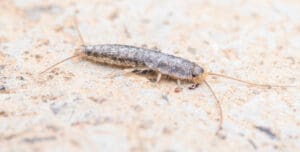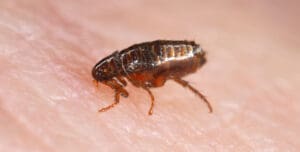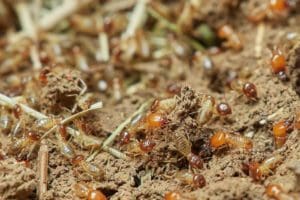
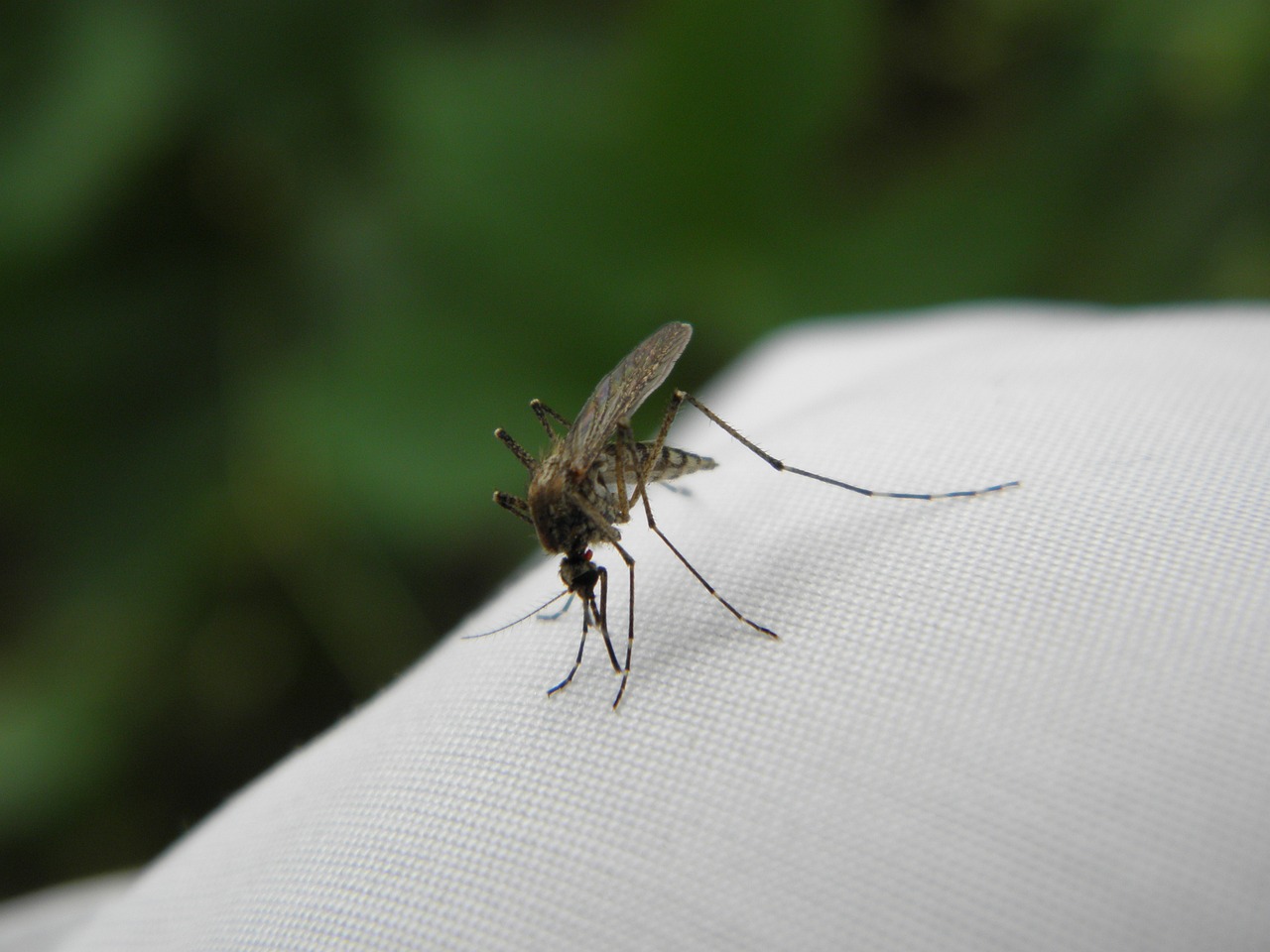
Summer in Bergen County brings warm weather and outdoor fun, but it also invites an unwelcome guest: mosquitoes. As these pesky insects thrive in the humid climate of The Garden State, residents often find themselves battling bites and buzzing nuisances. In this article, we'll explore effective mosquito control tips tailored to Bergen County. From simple preventive measures to professional services provided by Bergen County Mosquito Control, we'll cover everything you need to know to keep mosquitoes at bay and enjoy a mosquito-free summer in Bergen County.
Understanding Mosquito Behavior in Bergen County
Mosquitoes in Bergen County exhibit typical habits and behaviors seen in temperate regions. Mosquito breeding sites are commonly found in stagnant water sources such as ponds, marshes, ditches, and even small containers like flowerpots and clogged gutters. The county's humid climate provides ample breeding grounds, especially during warmer months.
Mosquito season in New Jersey typically spans from late spring to early fall, peaking during the warmer and more humid months of summer. Peak mosquito activity in Bergen County typically occurs during dawn and dusk when temperatures are milder and humidity levels are higher. These times coincide with their feeding patterns as mosquitoes are most active when seeking blood meals. Common species found in Bergen County include the Asian tiger mosquito, which is known for aggressive biting behavior and can transmit diseases like Zika virus and West Nile virus. Additionally, the northern house mosquito is prevalent and can also transmit West Nile virus.
Eliminating Breeding Sites
Identifying and eliminating mosquito breeding sites around your home and yard is essential for effective mosquito control. Start by regularly inspecting your property for any containers, buckets, or other items that collect water. These could include flower pots, birdbaths, or clogged gutters. Empty or store these items upside down to prevent water accumulation, as stagnant water is a prime breeding ground for mosquitoes. Additionally, maintain your outdoor water features such as ponds, birdbaths, and fountains. Keep them clean and circulating to prevent mosquitoes from laying eggs. Consider adding fish that feed on mosquito larvae to these water features as an extra preventive measure.
Inspect outdoor furniture for areas that may collect water, such as seat cushions or folds in tarps, and ensure that water does not accumulate in these spots. Keep trash cans covered to prevent water from accumulating inside them, which can also become breeding sites for mosquitoes. Trim vegetation regularly to reduce resting areas for mosquitoes, as they often hide in dense vegetation during the day. By consistently implementing these practices, you can significantly reduce mosquito breeding sites around your home, making your outdoor spaces more comfortable and enjoyable.
Landscaping Tips
Landscaping choices can play a significant role in deterring mosquitoes from your yard. Start by strategically planting mosquito-repellent plants such as citronella, lavender, marigolds, and rosemary. These plants emit fragrances that mosquitoes find unpleasant, helping to keep them at bay.
Trim vegetation regularly to minimize hiding spots for mosquitoes during the day. This includes cutting back tall grass, shrubs, and overgrown areas where mosquitoes may rest. Creating barriers can also be effective in reducing mosquito populations. Install fine mesh screens on windows and doors to prevent mosquitoes from entering your home. You can also use landscaping features like fences and hedges to create physical barriers that deter mosquitoes from entering your outdoor living spaces.
Consider incorporating features that attract predators of mosquitoes such as birds, bats, and dragonflies. Bird feeders and bird baths can attract insect-eating birds, while bat houses provide shelter for these nocturnal hunters. Adding a small pond or water feature can attract dragonflies, which are natural predators of mosquitoes.
Effective Repellents
In Bergen County, where mosquitoes thrive due to the humid environment, using effective repellents is paramount for safeguarding against mosquito-borne diseases like West Nile virus and Zika virus. With a high density of mosquito species, including aggressive biters like the Asian tiger mosquito, protecting oneself becomes crucial, especially during peak activity times at dawn and dusk. Using EPA-approved mosquito repellents ensures both safety and effectiveness. These repellents undergo rigorous testing to guarantee they provide reliable protection against mosquitoes. Ingredients like DEET, picaridin, and oil of lemon eucalyptus are proven to deter mosquitoes effectively, providing a shield against bites.
Proper application of repellents is essential. Ensuring even coverage on exposed skin and clothing while avoiding sensitive areas like the eyes and mouth maximizes their effectiveness. Additionally, using EPA-approved insecticides for outdoor use can further mitigate mosquito populations, particularly in areas prone to breeding, like stagnant water sources.
Mosquito-Proofing Your Home
Mosquito-proofing your home is essential for creating a comfortable and safe living environment, especially in areas prone to mosquito activity. Start by installing screens on windows and doors to prevent mosquitoes from entering your home while allowing fresh air to flow. Ensure that these screens are free from tears or holes, as even small openings can provide entry points for mosquitoes.
Seal any gaps or cracks in window frames, door frames, and walls to further minimize the risk of mosquitoes finding their way indoors. Pay attention to areas where pipes, cables, or vents enter the home, as these can also serve as potential entry points for insects. Consider using mosquito nets over beds, cribs, or outdoor seating areas to provide an extra layer of protection, particularly during peak mosquito activity times. Mosquito nets are especially useful for sleeping areas, offering a barrier that prevents mosquitoes from reaching you while you rest.
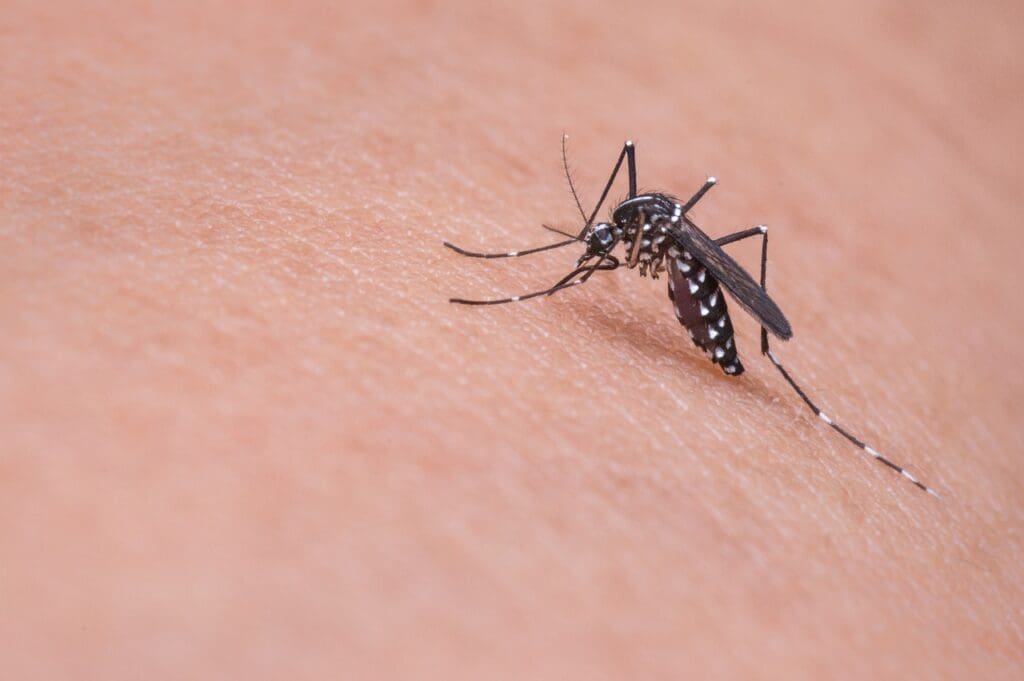
Mosquito Control Services in Bergen County
Bergen County professional mosquito control services offer comprehensive solutions to manage mosquito populations effectively. These services typically involve a combination of barrier treatments, ongoing maintenance, and proactive strategies to keep mosquito numbers at bay. Barrier treatments involve the application of insecticides to outdoor areas where mosquitoes breed and congregate, such as yards, gardens, and patios. These treatments target adult mosquitoes and larvae, significantly reducing their populations and providing immediate relief from bites.
Professional mosquito control services also offer ongoing maintenance plans to ensure long-term effectiveness. This may include regular inspections, reapplication of barrier treatments as needed, and recommendations for minimizing mosquito breeding sites around the property.
Seeking professional mosquito control services in Bergen County is highly recommended, especially for those living in areas with high mosquito activity or those concerned about mosquito-borne diseases. Professional services have the expertise, equipment, and resources to address mosquito infestations effectively while prioritizing safety for humans and the environment. By investing in professional mosquito control services, residents and business owners of Bergen County can enjoy outdoor activities without the nuisance and health risks associated with mosquitoes, creating a more comfortable and enjoyable environment for themselves and their families, employees, and customers.
Whether you're enjoying a backyard barbecue or managing outdoor spaces for your business, effective mosquito control is essential for a comfortable and safe environment in Bergen County. By implementing these tips and enlisting Twin-Boro’s residential and commercial pest control services, you can minimize mosquito populations and maximize your enjoyment of the summer season. Additionally, Bergen County Mosquito Control offers specialized services to help reduce mosquito breeding grounds and provide long-term solutions. From barrier treatments to ongoing yard pest control, we offer solutions tailored to your needs. For expert assistance in keeping mosquitoes at bay, don't hesitate to contact us. Together, we can make this summer mosquito-free.




